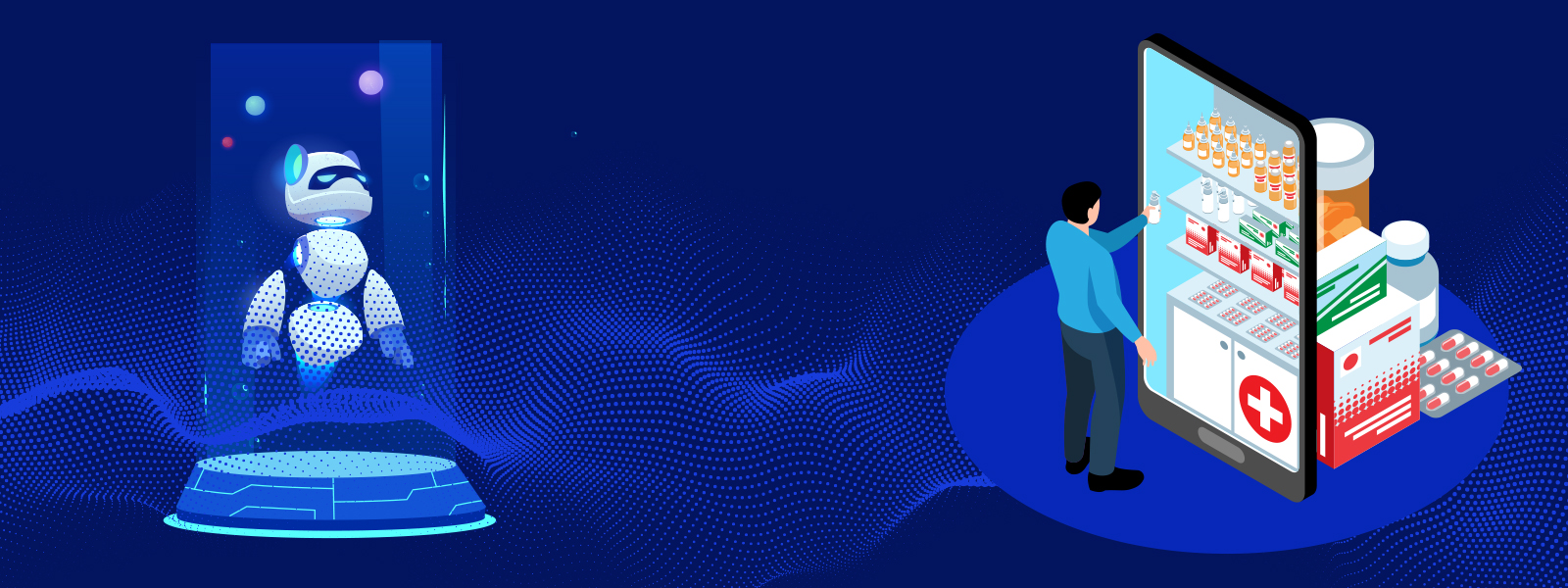The healthcare industry is rapidly evolving as technology continues to advance. Artificial intelligence (AI) and data analytics are two of the primary drivers of this transformation. AI has begun to be implemented in healthcare services with machines that can process data faster than humans and detect patterns in medical records. Data analytics, on the other hand, has led to a wealth of information being made available to researchers, which has led to numerous breakthroughs in the various fields of medicine. The combination of AI and data analytics unlocks new potential for the healthcare industry. Here are some examples of how AI and data analytics revolutionize the healthcare industry.
Quality control and prevention of medical errors
One of the primary applications of AI in healthcare is quality control. Thanks to AI, hospitals, doctors, and other healthcare professionals now have tools at their disposal that can automatically identify potential errors in medical data. This can help reduce the number of medical errors and prevent several potential tragedies. One such example is the use of automated detection tools that can quickly identify potential misdiagnoses. This can revolutionize the way certain diseases are diagnosed. For example, misdiagnosing breast cancer due to the patient’s skin tone can result in a death rate of 20% with standard treatment methods. This can be significantly reduced with the use of AI. It can also be used to identify mislabelled or misidentified data in patient records.
New methods of disease detection
The use of AI in healthcare also allows for more efficient disease detection methods. For example, AI can be used to screen blood samples to detect infectious diseases such as Zika and Malaria. In fact, AI is instrumental in the development of new vaccines. Advances in the field of genomics have allowed for far more precise targeting of potential disease-causing genes. AI has been used to develop algorithms that can sequence genes faster and more accurately than ever before. This has led to the development of new techniques for disease detection that would have been impossible just a few years ago.
Advancements in robotic-assisted surgery
Robotic-assisted surgery is another widespread application of AI in healthcare. Robotic assistants are used in procedures such as spinal surgery, knee replacements, and cardiac surgery. While the technology has existed for several years, only recently have advances in AI made it possible to integrate these systems into daily practice. For example, the da Vinci surgical system, which has been around since the early 2000s, uses a robotic assistant. However, it is primarily controlled by the surgeon himself, which makes it less effective than it could be. With advances in AI, the surgical system can be controlled by a computer, allowing for a more precise, efficient procedure. Some surgical systems even have the capability of learning from previous procedures. Specifically, these systems can be programmed to recognize patterns in previous surgery to perform the same procedure faster and more efficiently next time.
Advancements in digital medicine
Healthcare is a heavily data-driven industry, and advances in data analytics have given rise to a new field known as digital medicine. Digital medicine refers to using digital technology to drive medical care and improve patients’ lives. In the past decade, digital medicine has become more pervasive, with more patients using online resources to manage their health. This has been made possible by the development of mobile technology and cloud computing. Advances in AI, particularly natural language processing, have led to integrating digital medicine with medical devices such as pacemakers and insulin pumps. This has allowed patients to monitor their health and receive treatment more efficiently.
Advancements in genomics and DNA sequencing
Another field that has benefited from advances in AI is genomics. The sequencing of human genomes has been instrumental in developing new drugs and treatments. However, sequencing genomes is a difficult and expensive process. With the help of AI, this process has become much more efficient. There are now algorithms that can sequence DNA nearly as accurately as humans. This is possible thanks to advancements in machine learning, which has allowed algorithms to be trained to recognize patterns in DNA. This has led to cheaper, faster DNA sequencing that has benefitted the fields of both healthcare and research.
Conclusion
The healthcare industry is rapidly evolving as technology continues to advance. Artificial intelligence (AI) and data analytics are two of the primary drivers of this transformation. AI has begun to be implemented in healthcare services with machines that can process data faster than humans and detect patterns in medical records. Data analytics, on the other hand, has led to a wealth of information being made available to researchers, which has led to numerous breakthroughs in the various fields of medicine. The combination of AI and data analytics unlocks new potential for the healthcare industry. To know more how the D2Platform from DeepDatum.ai can unlock your organization’s potential, please contact us at ask@deepdatum.ai.


Leave A Comment